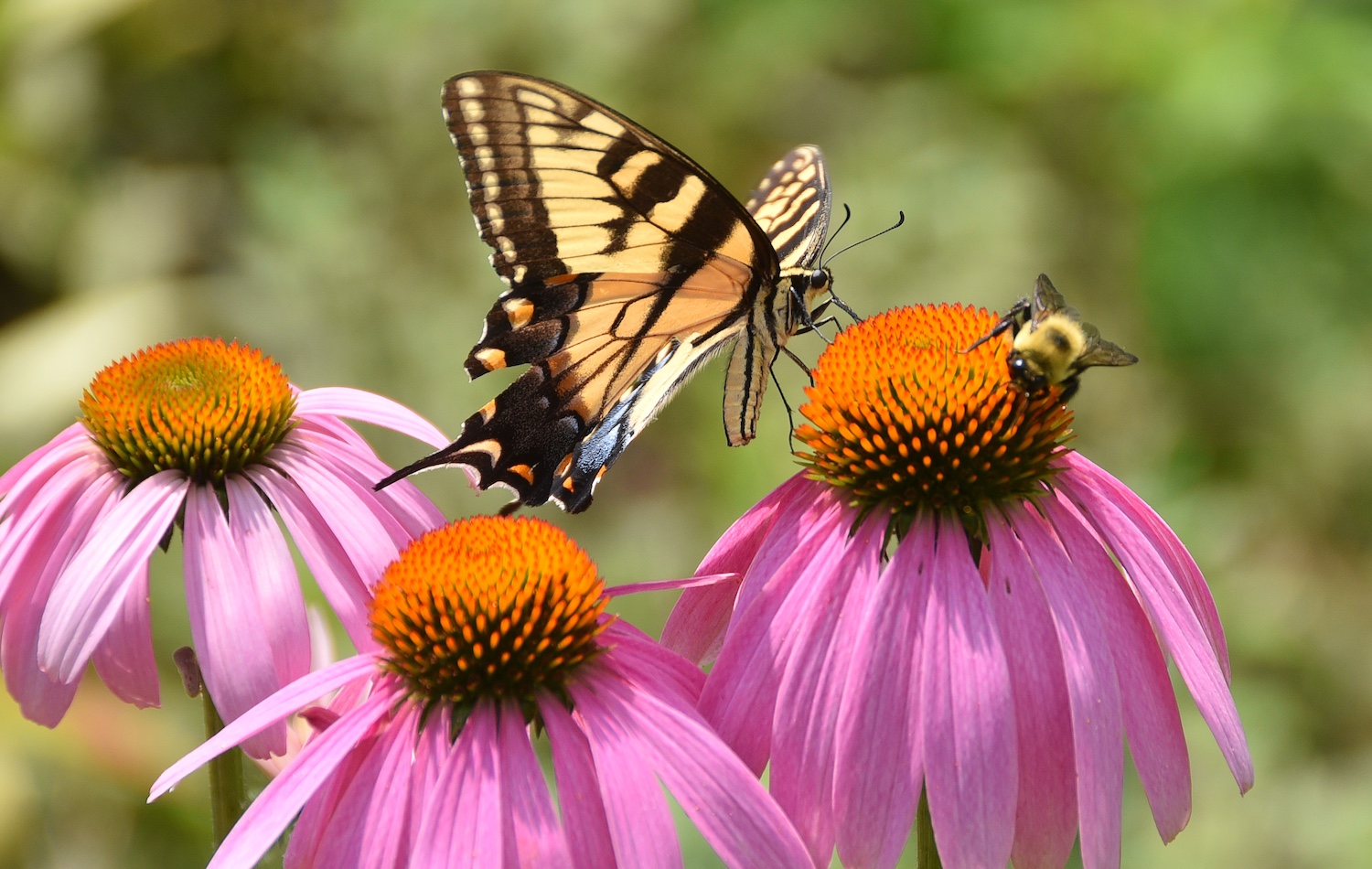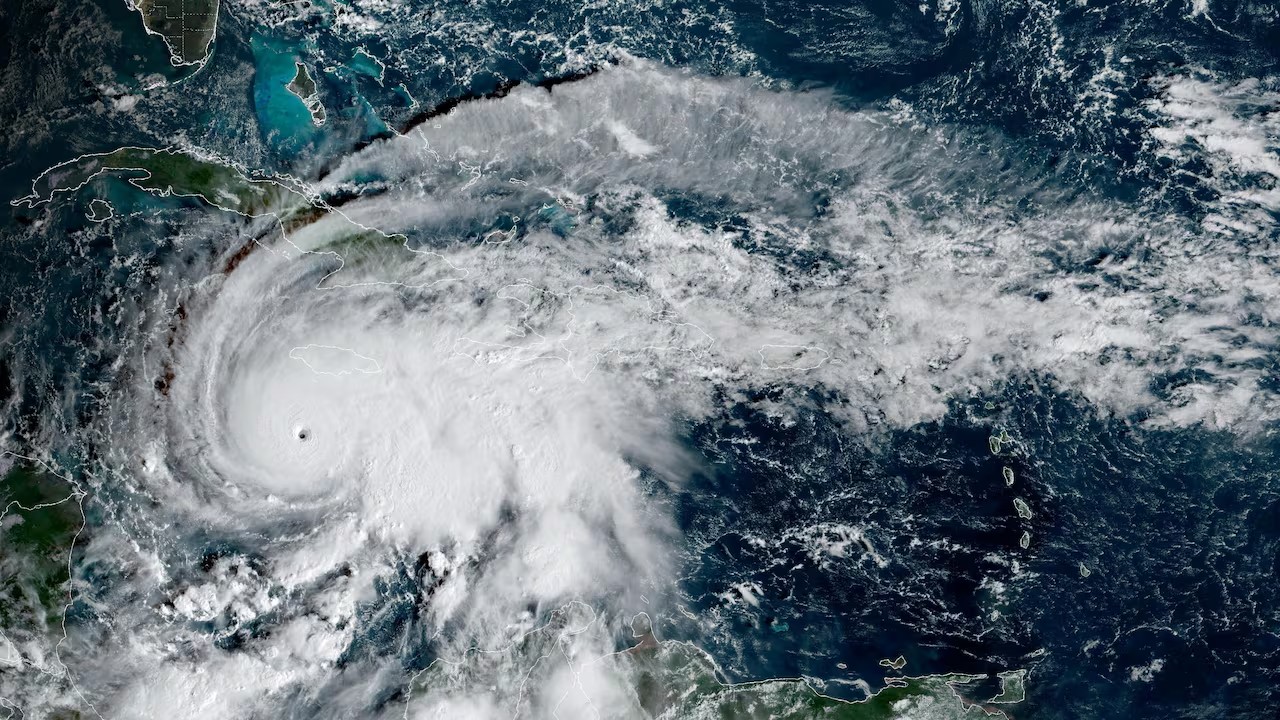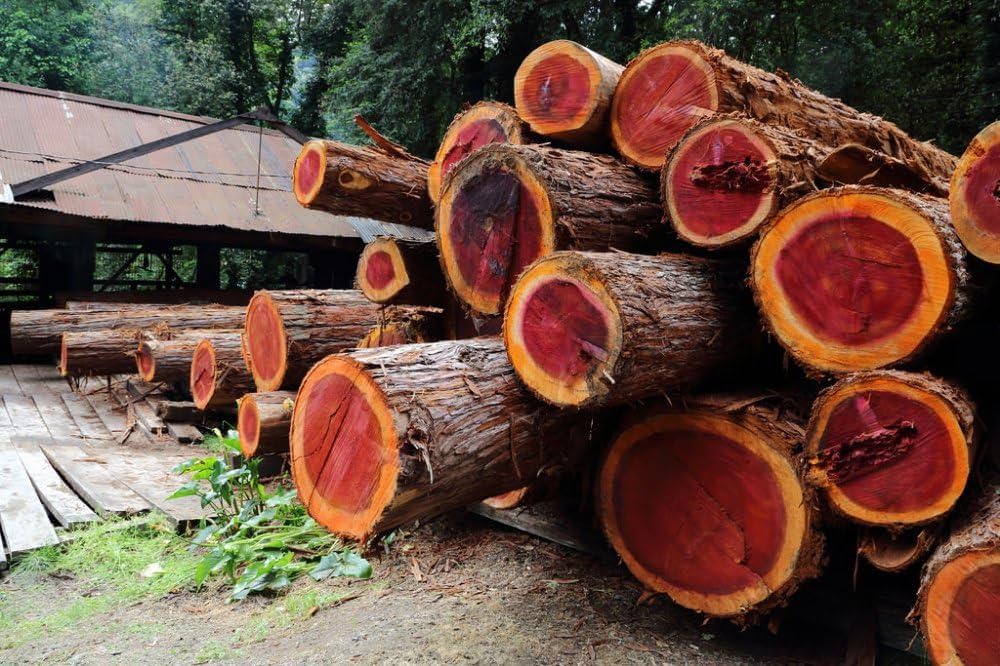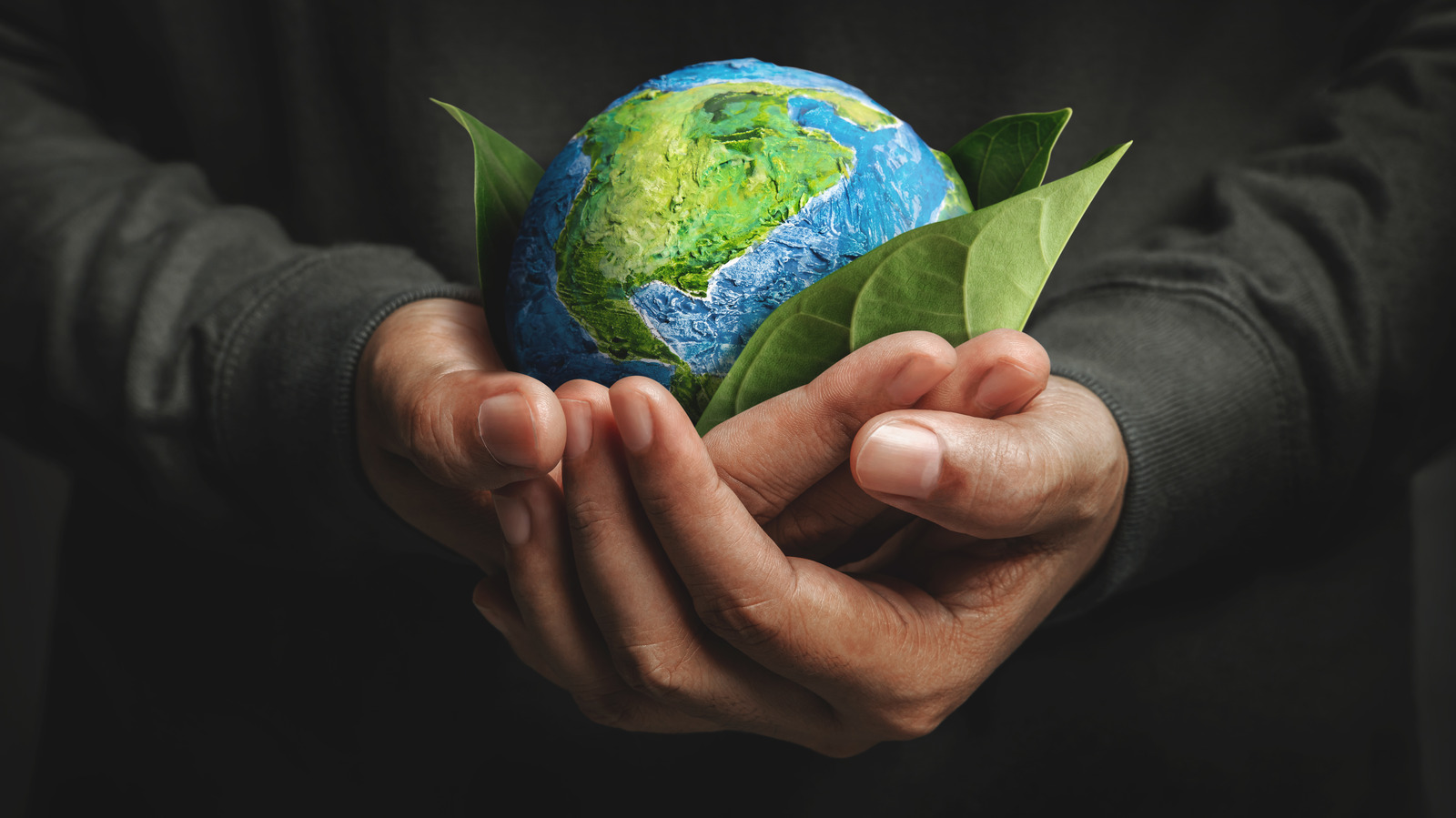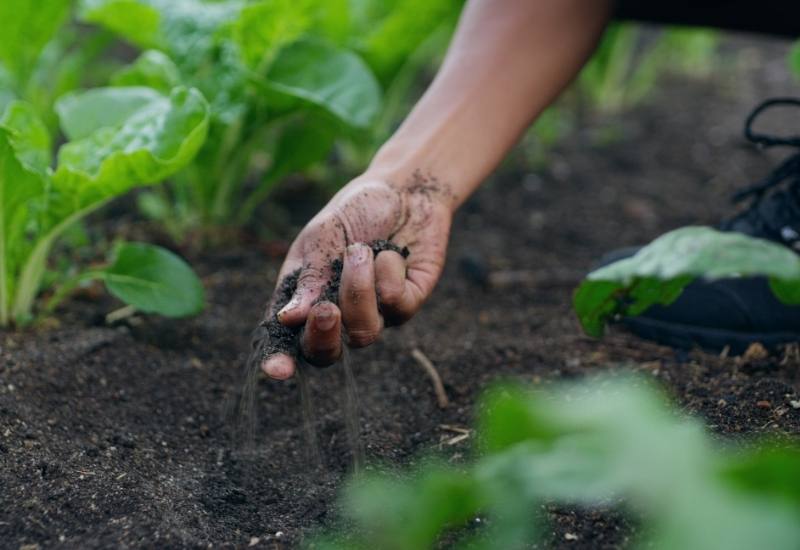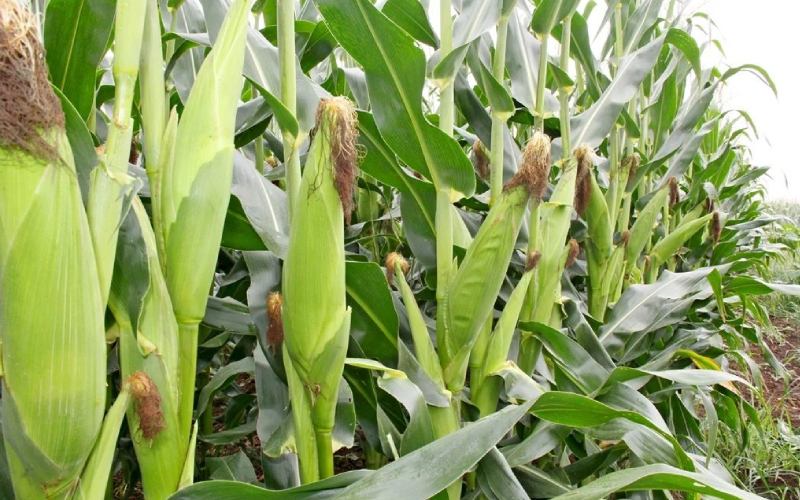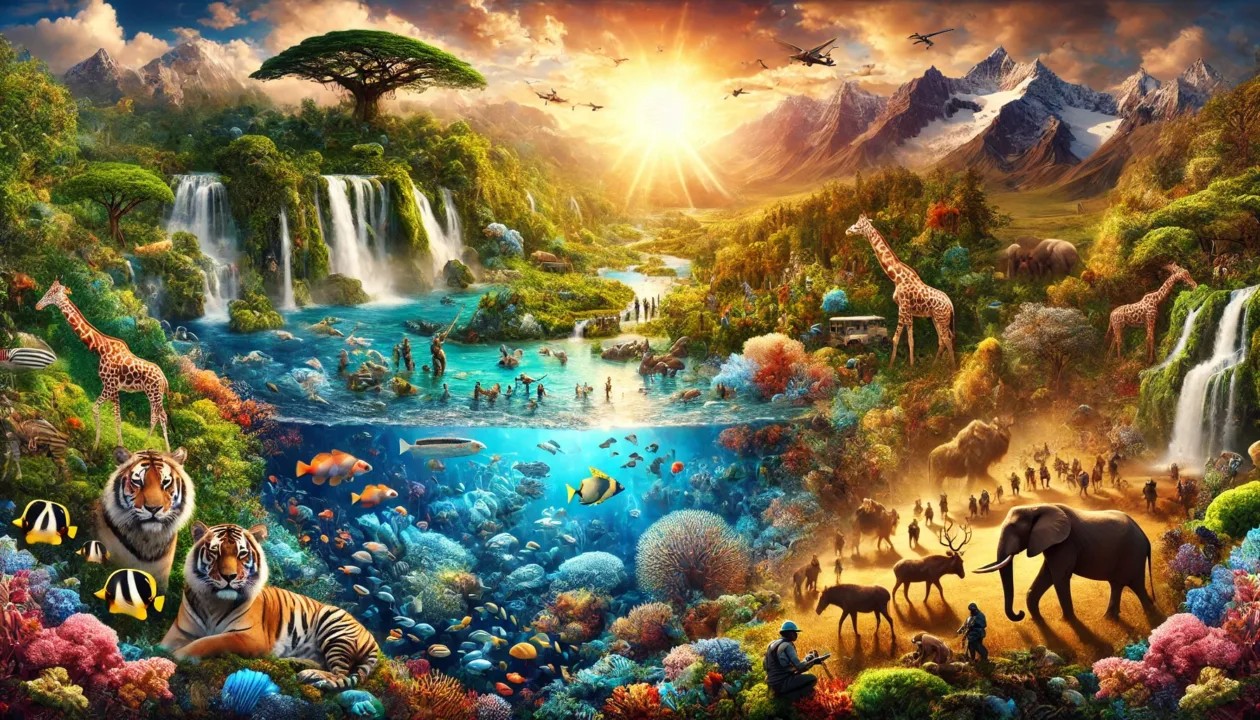- This fortifies the fact that one out of every three bites of food we eat dwell because of animal pollinators.
- However, the gates of this spectacular process have been breached by climate change and human invasion, leaving several pollinators such as bees, butterflies and bats peering extinction.
The faithful relationship between plants and pollinators has taken form since time immemorial. They have endured evolution and natural selection under a tight clasp.
Over time, plants have developed complex ways of attracting pollinators, while pollinators have evolved with specialized characteristics that enhance their pollination efforts.
Pollination is key in food production, as three-fourths of the world’s flowering plants and about 35% of global food crops rely on animal pollinators to reproduce.
This fortifies the fact that one out of every three bites of food we eat dwell because of animal pollinators.
Lucrative pollination demands year-round input with continuous florescence throughout the growing seasons in efforts to maintain food supply for the pollinators.
Read More
During spring, pollinators are done with hibernation and this is the time they sought for early blooming plants, facilitating a visit to flora like spring-blooming fruit trees. Then, they enjoy long summer days as they have ample time to forage for nectar, at a time when pollinators reach peak populations.
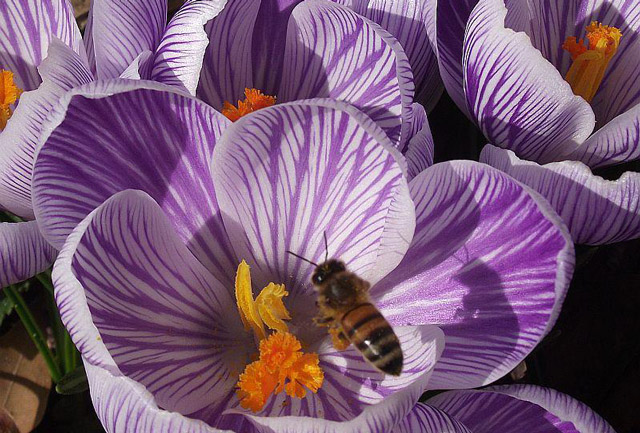
Fall season is when the late bloomers take the stand because they provide many pollinators with energy before heading into hibernation. Even when there is little to no activity in winter, the cycle is still underway since decaying plants shelter insects as they overwinter.
However, the gates of this spectacular process have been breached by climate change and human invasion, leaving several pollinators such as bees, butterflies and bats peering extinction.
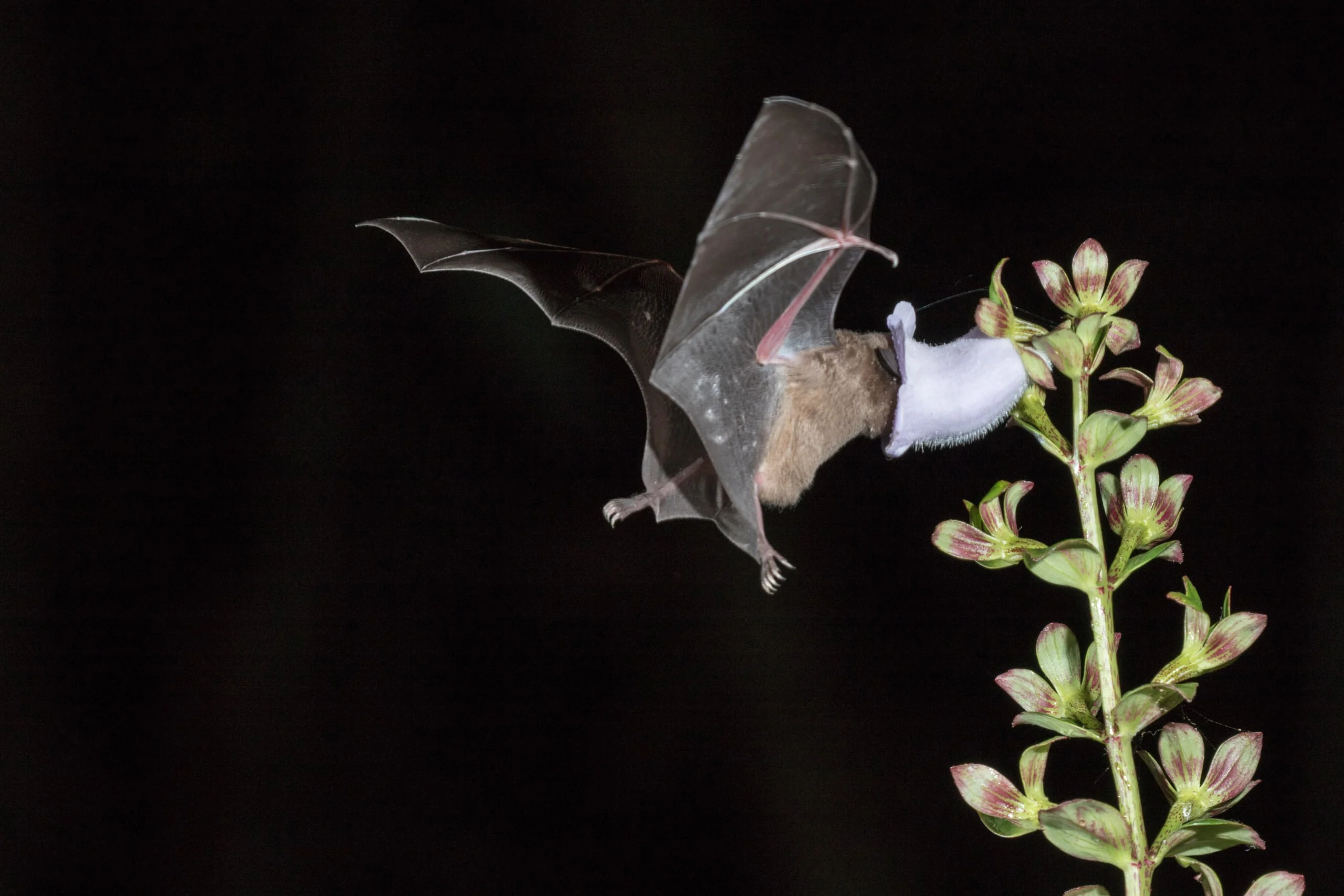
This violation of nature law is born of threats like habitat loss, diseases, parasites, and environmental contaminants and bred from a subsequent decline in pollinator-friendly plants.
The damage is irreversible but can be redeemed by planting a continuous food supply, including a diversity of plants, limiting or even eliminating the use of pesticides, prioritizing native biodiversity, and even spreading awareness of the importance of this wedded bliss.

